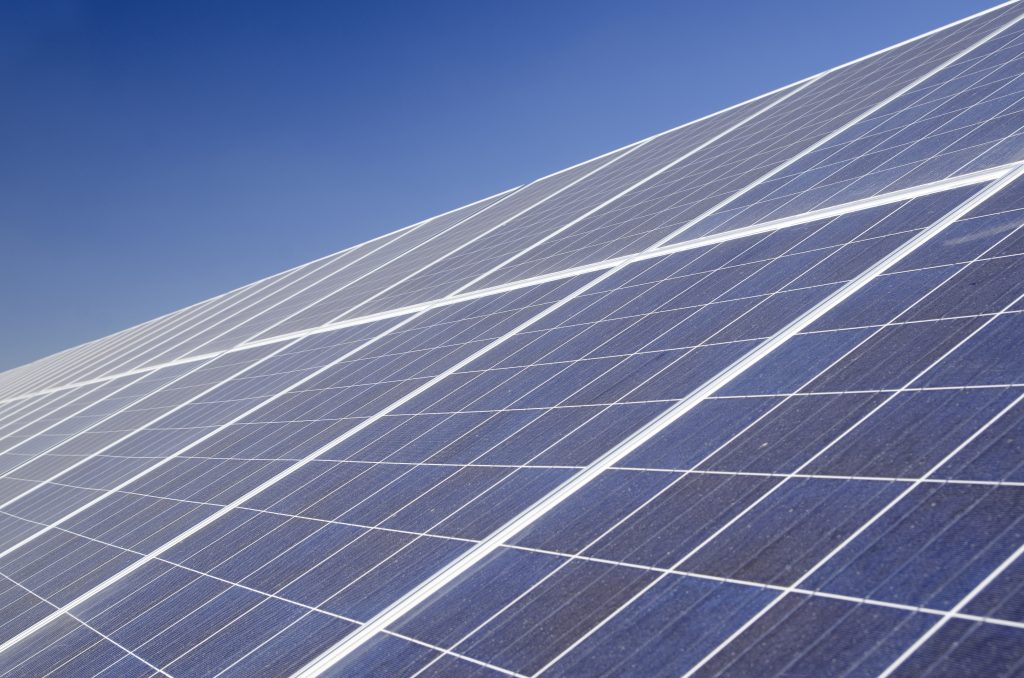Rio Tinto to recover tellurium from waste at Kennecott mine for solar market



Rio Tinto (NYSE: RIO; LSE: RIO) is investing $2.9 million in a new plant at its Kennecott copper mine in Utah to recover tellurium, a critical mineral used to make solar panels.
The plant will recover tellurium from waste already being produced as a result of the copper smelting process. It will have capacity to produce roughly 20 tonnes of tellurium per year, with production beginning in the fourth quarter.
Tellurium is a component of cadmium telluride, a semiconductor used to manufacture thin film photovoltaic (PV) solar panels. The mineral can also be used as an additive to steel and copper to make the metals easier to cut, and can be added to lead to improve its resistance to sulphuric acid, vibration and fatigue.
“The minerals and metals we produce are essential to accelerate the transition to renewable energy,” said Rio Tinto Kennecott managing director Gaby Poirier in a release. “Adding tellurium to our product portfolio provides customers in North America with a secure and reliable source of tellurium produced at the highest environmental and labour standards with renewable energy. Rio Tinto is committed to using innovation to reduce waste in our production process and extract as much value as possible from the material that we mine and process.”
Rio's investment at the Kennecott mine and smelter, located close to Salt Lake City, is its third recent initiative to extract critical minerals from waste streams at existing operations.
The miner announced in January that it will be producing scandium oxide this year from waste streams created through the processing of ilmenite from its Lac Tio ilmenite mine in Havre-Saint-Pierre, Que.
In 2019, the company also announced a $10-million pilot plant to extract battery-grade lithium from waste rock at its Boron mine in California.
For more information, visit https://www.riotinto.com.
Comments